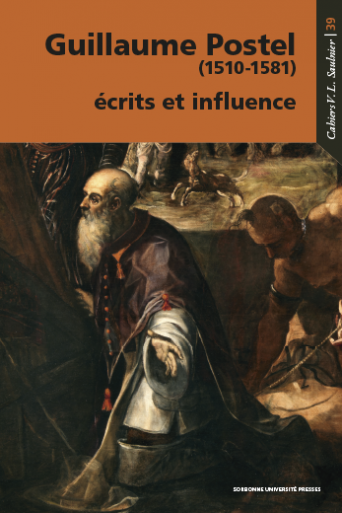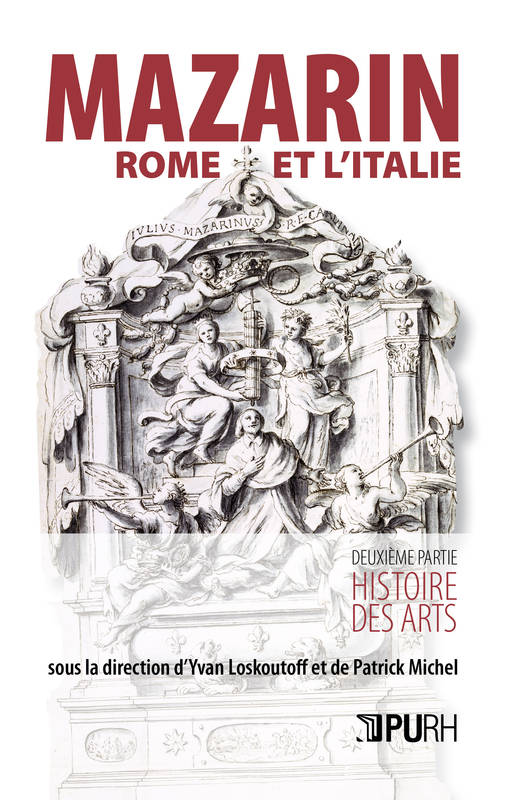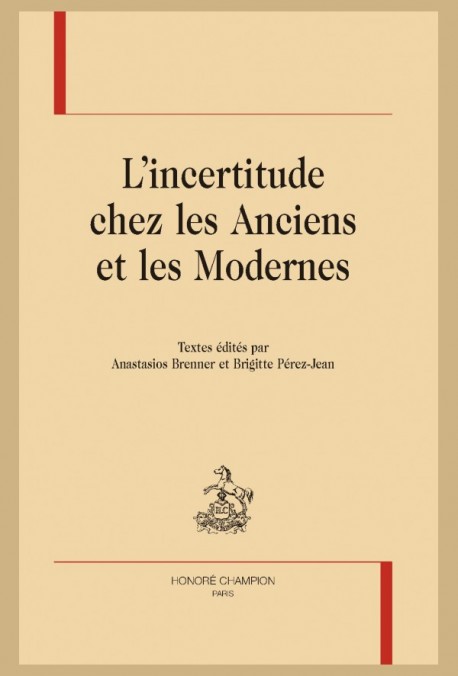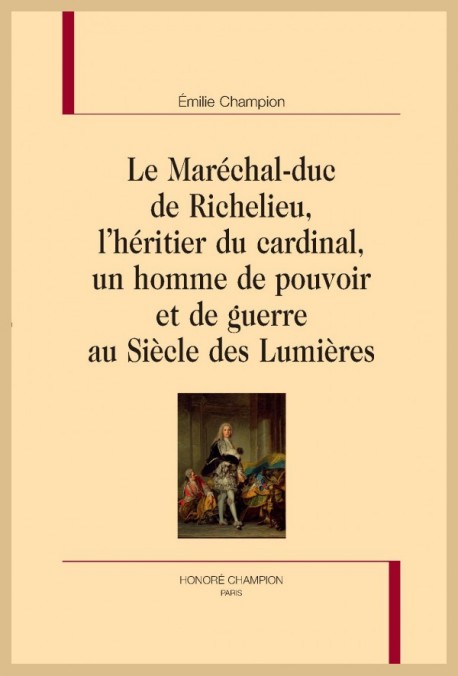2020 Berkshire Conference on the History of Women, Genders, and Sexualities
Baltimore, Maryland
Deadline: Sunday, March 17, 2019
Gendered Environments: Exploring Histories of Women, Genders, and Sexualities in Social, Political and “Natural” Worlds
Program Chairs: Cathleen Cahill (Penn State) and Martha Few (Penn State)
Call for Papers: the 18th Berkshire Conference on the History of Women, Genders, and Sexualities May 21-23, 2020 at Johns Hopkins University in Baltimore, Maryland. (Download 2020 CFP)
The theme for the 2020 Berkshire Conference on the History of Women, Genders, and Sexualities will be Gendered Environments: Exploring Histories of Women, Genders, and Sexualities in Social, Political, and “Natural” Worlds. The conference will be held May 21-23, 2020 at Johns Hopkins University in Baltimore, Maryland.
The 2020 “Big Berks” focuses on the histories of women, genders, and sexualities, and this year devotes special attention to a pressing theme of our current moment: the role of environment(s), ecologies, and natural systems broadly defined in the histories of women, genders, and sexualities. As we plan our meeting at the edge of the Chesapeake Bay, a profoundly vibrant ecosystem where humans have gathered for millennia, we are reminded of the many ways in which the natural world has shaped human society. Its history also highlights the local and global connections of all places. This place is the homeland of the Piscataway Conoy Tribe, and was home to Henrietta Lacks; it is the site of the Baltimore Fish market and a part of the Chesapeake Bay Watershed, a node in the Atlantic Flyway, and at the edge of the Atlantic World.
Our aim is to hold conversations that think through the intricate interplays among gender and sexuality, social and legal systems of power and political representation, and the material realities of an interconnected world continually shaped by physical nature, the human and nonhuman animals, plants, and other beings that inhabit that nature. If Earth’s history has indeed entered a new geological epoch termed the Anthropocene, where do the historical knowledges and experiences of women, people of diverse genders and sexualities, and people of color, along with environmental justice efforts in the historical past, enter into our efforts to understand, theorize, contextualize, and meet these existential problems?
While the notion of environments invokes important thinking about Earth, our theme extends to a capacious definition of social, cultural, and political surrounds. The histories of women’s lives, intellectualism, and activism unfold across a range of environmental contexts that are simultaneously material, political, economic, and cultural. We interpret this overarching theme broadly, inviting submissions for an array of engaging and interactive presentations intended to generate conversations across time, fields, methodologies, and geographic borders; across races, classes, sexualities and gender identities; among academic and public historians, activists, artists and performers. We are especially keen to attract participants from around the globe and scholars of time periods and geographic fields that typically have been underrepresented at the Berkshire Conference.
We hope these conversations will highlight fresh perspectives and create new networks for intellectual collaboration and activism among scholars, public historians, artists, activists, teachers, and those interested in history, the environment, climate change, social movements, and social justice. Such interaction has dynamic potential to move the history of women, genders, and sexualities in particularly innovative directions that generate new theories and methodologies, bringing these histories into new spaces – not only in our universities and liberal arts colleges but also in community colleges, neighborhood centers, K-12 schools, prisons, NGOs and other activist groups in the United States and abroad. Such an approach is critical as we are experiencing the effects of pressing environmental issues, even as the value of research from climate science to the humanities is being questioned.
Reviving connections between communities and institutions, historians are increasingly joining forces — inside and outside the academy – with an eye toward affecting social change and social justice. New forms of cooperation have raised important historical questions: What can we learn from internationalizing the discussion of women, communities, and the environment? How can we use multi-sited histories of human and non-human animals as well as the relationships of communities to local and distant ecologies to rewrite gendered histories from long distance trade and exchange to the rise of global capitalism? How can scholars and activists collaborate to transform the pedagogical landscape in our ‘classrooms’ around environmental issues in the past and present? This conference is a call for collaboration and cooperation across many lines of difference.
The 2020 Berkshire Conference will be a venue for difficult conversations about these and other crucial questions. In the hope of promoting a greater range of conversations and interactions, this “Big Berks” seeks to intentionally diversify the way we present and discuss history. In addition to traditional modes of presentation, we encourage the submission of conference presentations that feature different kinds of voices. We strongly encourage submissions that include scholars, public historians and/or activists, artists, and/or performers. We also encourage submissions that include multiple styles — such as digital technologies, formal papers, performance, and/or the arts — along with varied formats from e-posters, pop-up talks to lightning sessions.
We invite submissions broadly themed on the histories of women, genders, and sexualities, including but not limited to those with a special interest in environment(s), ecologies, and natural systems.
The deadline for all submissions is March 17, 2019.




 Guillaume Postel (1510-1581). Écrits et influence, dir. P.-V. Desarbres, T. Vigliano, F. Lestringant, E. Le Borgne, Paris, Sorbonne Université Presses, 2022
Guillaume Postel (1510-1581). Écrits et influence, dir. P.-V. Desarbres, T. Vigliano, F. Lestringant, E. Le Borgne, Paris, Sorbonne Université Presses, 2022 Mazarin, Rome et l'Italie. Deuxième partie : Histoire des arts, dir. Yvan Loskoutoff et Patrick Michel, Rouen, PURH, 2022.
Mazarin, Rome et l'Italie. Deuxième partie : Histoire des arts, dir. Yvan Loskoutoff et Patrick Michel, Rouen, PURH, 2022. Tristan L'Hermite, Œuvres complètes. Tome IV. Les Tragédies.
Tristan L'Hermite, Œuvres complètes. Tome IV. Les Tragédies. L'incertitude chez les Anciens et les Modernes, textes édités par Anastasios Brenner et Brigitte Pérez-Jean, Paris, H. Champion, 2022.
L'incertitude chez les Anciens et les Modernes, textes édités par Anastasios Brenner et Brigitte Pérez-Jean, Paris, H. Champion, 2022. Émilie Champion, Le Maréchal-duc de Richelieu, l'héritier du cardinal, un homme de pouvoir et de guerre au siècle des Lumières, Paris, H. Champion, 2022.
Émilie Champion, Le Maréchal-duc de Richelieu, l'héritier du cardinal, un homme de pouvoir et de guerre au siècle des Lumières, Paris, H. Champion, 2022.